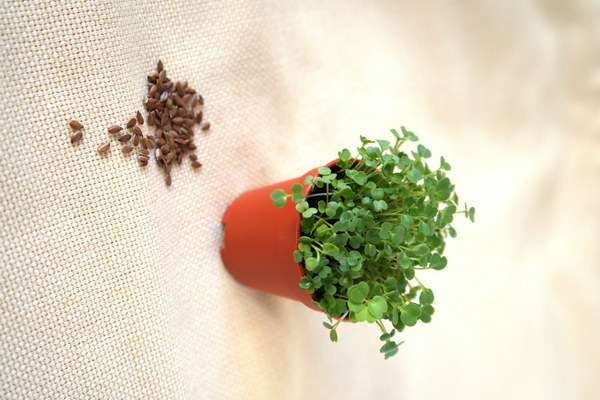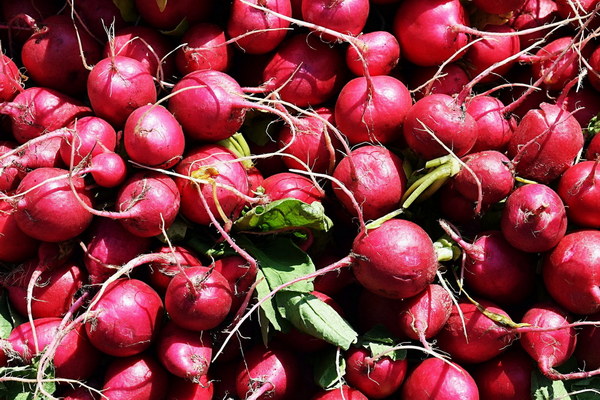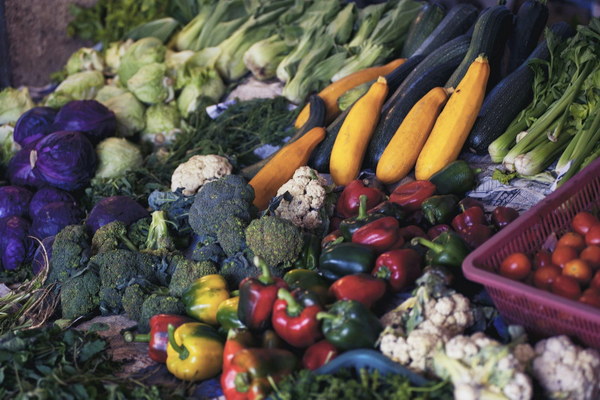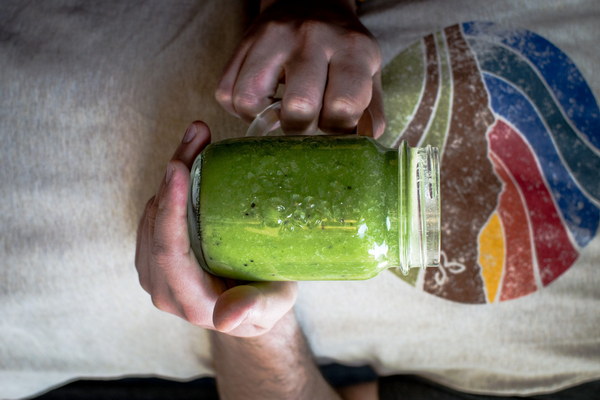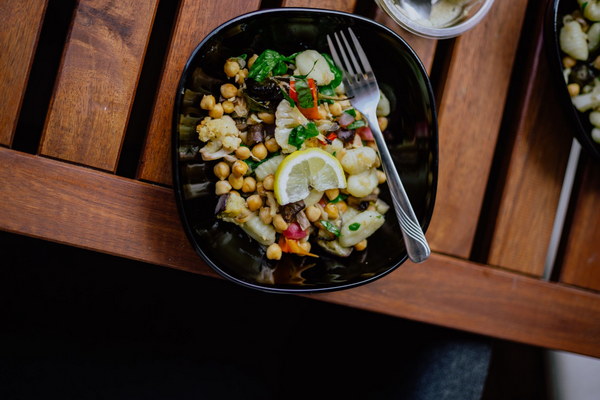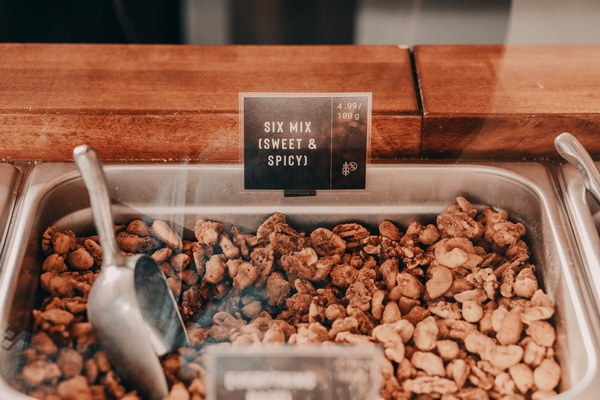Boosting Esophageal Cancer Recovery with Nutritious Vegetables A Guide to Essential Nutrition
Introduction:
Esophageal cancer is a serious and life-threatening disease that requires comprehensive treatment and care. While medical interventions are crucial, diet plays a significant role in enhancing recovery and overall well-being. Incorporating a variety of vegetables into the diet can provide essential nutrients and antioxidants that aid in the healing process. This article explores the benefits of specific vegetables that can support esophageal cancer patients during their recovery journey.
1. Broccoli:

Broccoli is a powerhouse of nutrients, including vitamins A, C, and K, as well as fiber. Its high levels of sulforaphane, a compound with anti-cancer properties, make it an excellent choice for esophageal cancer patients. Broccoli also helps reduce inflammation and supports the immune system, which is vital during cancer treatment.
2. Spinach:
Spinach is rich in iron, folate, and antioxidants, all of which are crucial for cancer patients. Iron helps prevent anemia, a common side effect of cancer treatment. Folate plays a role in DNA synthesis, reducing the risk of mutations that can lead to cancer recurrence. The antioxidants in spinach combat free radicals and promote overall health.
3. Carrots:
Carrots are high in beta-carotene, a precursor to vitamin A. Vitamin A is essential for maintaining healthy cells and promoting tissue repair. Beta-carotene has been shown to have anti-cancer properties, particularly in preventing the growth of esophageal cancer cells. Carrots can be consumed raw, cooked, or juiced to maximize their benefits.
4. Garlic:
Garlic is well-known for its immune-boosting properties. It contains allicin, a compound that has been found to inhibit the growth of cancer cells. Garlic also has anti-inflammatory and antioxidant effects, making it an excellent addition to an esophageal cancer patient's diet. It can be added to various dishes or consumed raw to reap its benefits.
5. Green Tea:
Green tea is loaded with antioxidants called catechins, which have been shown to have anti-cancer effects. Catechins help reduce the growth of cancer cells, inhibit the spread of cancer, and enhance the effectiveness of cancer treatments. Green tea can be consumed as a warm beverage or added to recipes for an added health boost.
6. Tomatoes:
Tomatoes are a great source of lycopene, an antioxidant that has been shown to reduce the risk of esophageal cancer. Lycopene is most abundant in cooked tomatoes, so incorporating tomato-based dishes into the diet can be highly beneficial. Tomatoes can be enjoyed raw, cooked, or juiced.
7. Avocado:
Avocado is rich in healthy fats, fiber, and antioxidants. These nutrients help support the immune system, reduce inflammation, and promote healthy cell growth. Avocado can be added to salads, sandwiches, or smoothies, providing a nutritious boost to the esophageal cancer patient's diet.
Conclusion:
Incorporating a variety of vegetables into the diet can significantly support esophageal cancer patients during their recovery journey. These vegetables provide essential nutrients, antioxidants, and anti-inflammatory properties that can help combat cancer and enhance overall health. It's important for patients to consult with their healthcare providers before making any significant changes to their diet. By incorporating these nutritious vegetables, esophageal cancer patients can take a proactive approach to their recovery and well-being.
